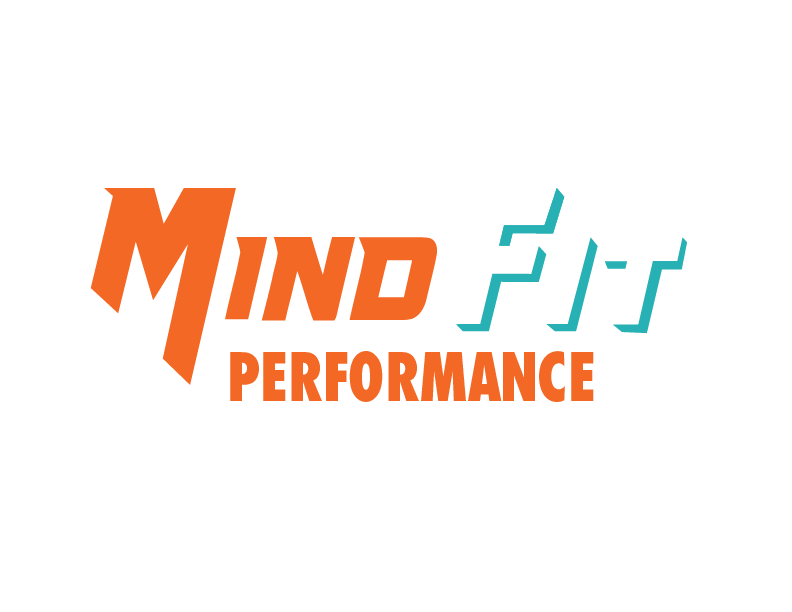The Relationship Between Frustration and Effort
Frustration: “the feeling of being upset or annoyed, especially because of inability to change or achieve something.”
Effort: “a vigorous or determined attempt,” “strenuous physical or mental exertion,” “the result of an attempt.”
Appraisal: “the assessment of the value of something.”
Control: “determine the behavior or supervise the running of.”
There is a direct relationship between frustration and effort. I know this because I’ve personally lived it and I can see it in others. When I get frustrated on the field, one of two things happen. I either get pissed off and my effort increases, or I get pissed off and my effort decreases. More times than not, it’s the latter. The good news is that this is a trainable skill and it starts with awareness.
I’ve also noticed over the years that my awareness of frustration has increased, and I’m able to make better decisions as my awareness heightens. For example, I was recently playing in a co-ed recreational soccer game, and the team we were playing against scored 3 quick goals to break the tie and go up 4-1. I could physically feel my frustration spiking, and for a few minutes, I let it control me. My effort was poor, my body language was negative, and my thoughts were rooted in annoyance.
About 2-3 minutes later, I caught myself. I recognized that my frustration was high and that as a result, my effort had plummeted. I made the conscious and purposeful choice to increase my effort and work through my frustration, almost like I snapped out of it. As a result of not giving up, I scored a great goal in the final minutes to make the score 4-2, all because I kept working. We may have lost the game, but I could walk away with my head held high because my team and I didn’t give up even though we may have wanted to for a few moments.
Let’s break it down. The relationship between frustration and choice can look like this:
Frustration → Appraisal/Choice → Effort
↑
Control
When someone gets frustrated with something, they appraise whether or not their continued effort is worth it. When one becomes frustrated and appraises the situation to be not worth their time or effort, they might make the choice to decrease their effort and as a result their performance also decreases.
On the flip side, when someone is frustrated and appraises that their effort is still necessary and worthwhile, they choose to continue their effort, override their frustration, and maintain or increase performance levels.
However, increasing effort without purpose can impact performance negatively. The key here is purpose. Effort simply for the sake of effort could be a form of wasted energy, whereas effort with purpose for the sake of performance gains might be more beneficial. Being able to appraise in the moment how to manage or motivate effort levels can be the difference between performing well and not performing well.
As you can see in the diagram above, the relationship between frustration and effort relies on choice. What you choose to do with your frustration is within your control, and once your awareness builds regarding your frustration tendencies, you can start to make purposeful changes in your effort.
The fact that you’re here reading this tells me that you're ready to make some changes and build your awareness regarding your frustration and effort tendencies. Let’s get started making purposeful and meaningful change!
